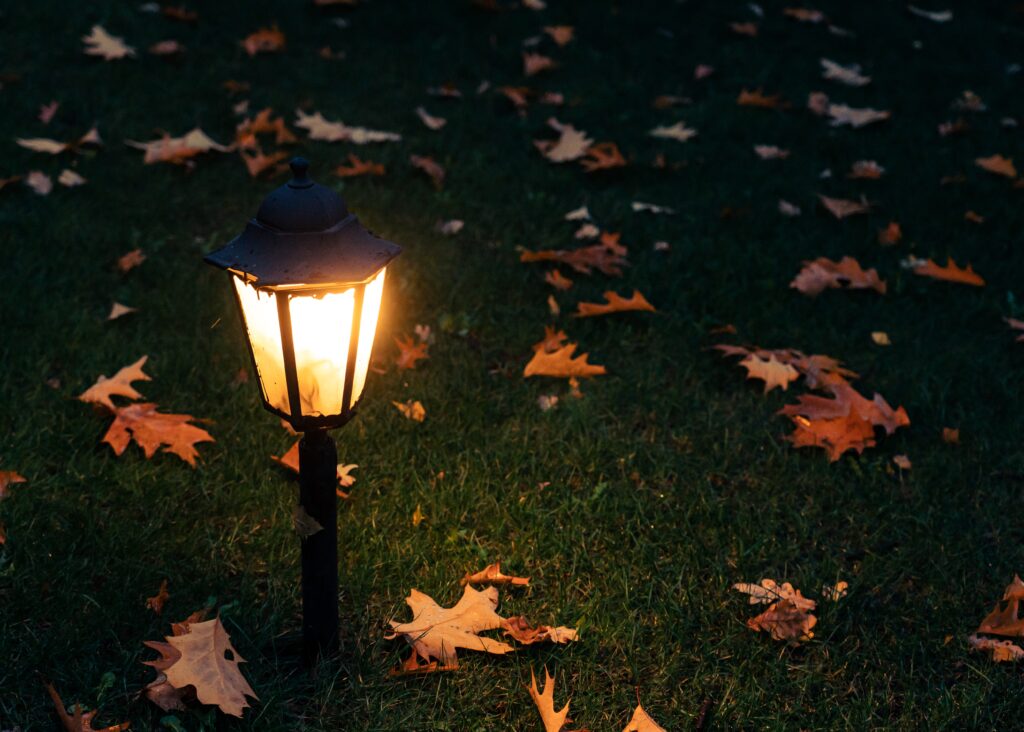sleep tips
Embrace the Dark Nights: Tips for Better Sleep in Newcastle and the North East
As the days grow shorter and the nights draw in, the arrival of darker evenings in Newcastle and the North East can have a significant impact on our sleep patterns. The shift from long summer days to cozy winter nights brings with it the need for adjustments in our sleep routines. In this blog post, we’ll explore the importance of adapting to the changing seasons and provide you with valuable tips for achieving better sleep during the darker months.

The Impact of Darker Evenings on Sleep
The natural transition to shorter daylight hours can disrupt our circadian rhythms, making it more challenging to maintain a consistent sleep schedule. This disruption can lead to difficulties falling asleep and staying asleep, ultimately affecting the overall quality of our rest. To counteract these effects and ensure you continue to get restorative sleep throughout the winter, consider the following tips:
1. Prioritise Sleep Hygiene
Maintaining good sleep hygiene practices is crucial year-round but becomes even more essential during the darker months. Ensure your bedroom remains a comfortable and inviting sleep environment by keeping it cool, dark, and quiet. Consider investing in blackout curtains to block out any excess light from street lamps or early morning sunrises.
2. Establish a Consistent Sleep Schedule
One of the most effective ways to regulate your sleep during the dark nights is to maintain a consistent sleep schedule. Go to bed and wake up at the same times every day, even on weekends. This consistency helps regulate your body’s internal clock and ensures better sleep quality.
3. Make the Most of Natural Light
While daylight may be scarce during the winter months, it’s essential to make the most of the natural light available. Spend time outdoors during the day, especially in the morning, to help regulate your body’s production of melatonin—the hormone responsible for sleep. Exposure to natural light can improve mood and enhance sleep quality.
4. Mind Your Diet and Exercise
Eating a balanced diet and engaging in regular physical activity play a crucial role in sleep quality. Avoid heavy meals close to bedtime and limit caffeine intake, especially in the afternoon and evening. Regular exercise can help improve sleep, but try to finish your workouts at least a few hours before bedtime.
5. Embrace Relaxation Techniques
As the winter darkness settles in, consider incorporating relaxation techniques into your evening routine. Activities like reading a book, practicing deep breathing exercises, or enjoying a warm bath can help signal to your body that it’s time to wind down and prepare for rest.
While the arrival of darker evenings in Newcastle and the North East can present challenges to our sleep routines, these adjustments need not disrupt our restorative sleep. By prioritising good sleep hygiene, maintaining a consistent sleep schedule, embracing natural light, minding your diet and exercise, and incorporating relaxation techniques, you can ensure that the dark nights are a time of restful slumber and rejuvenation. Remember, a well-rested body and mind are better equipped to embrace the beauty and coziness of the winter season. Sleep well, Newcastle!

